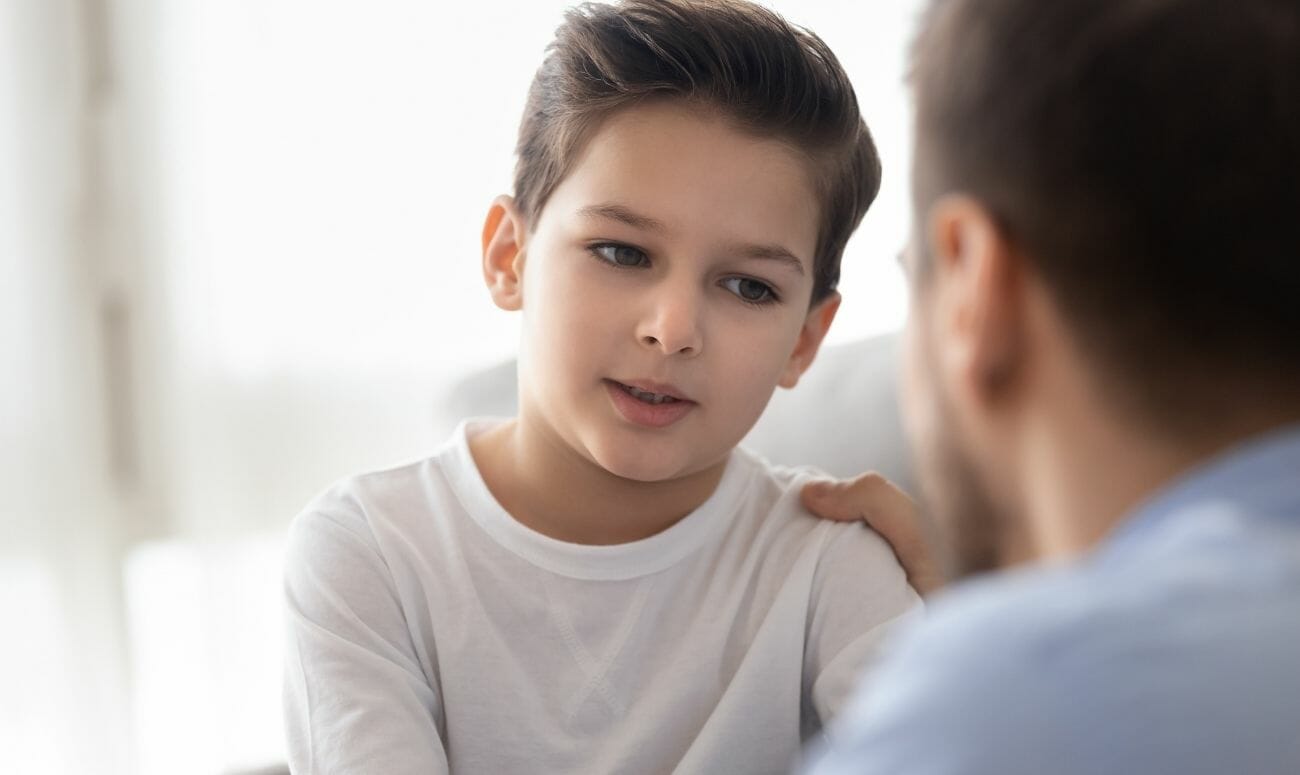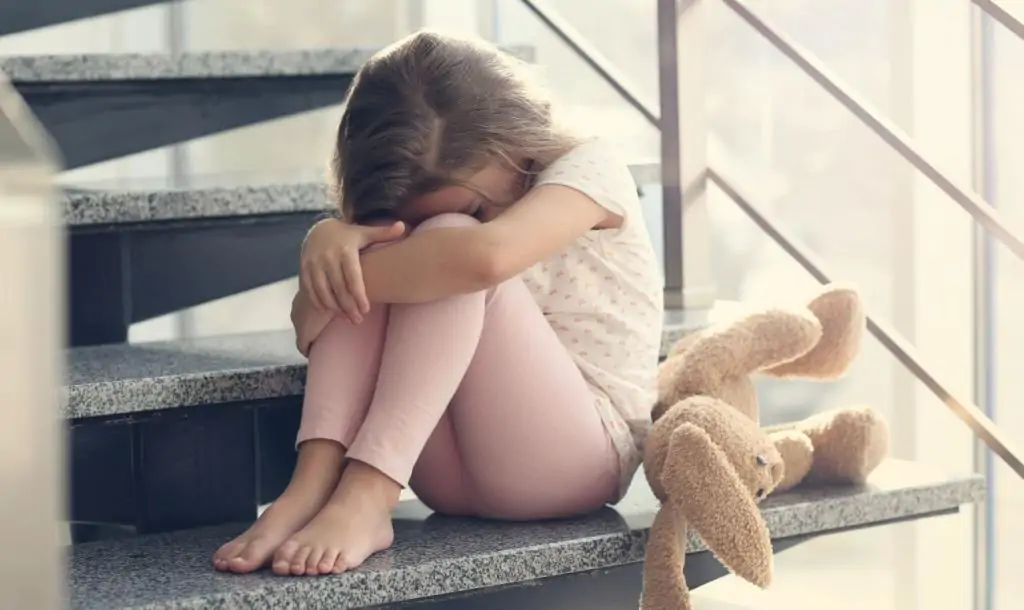Do you see your little child trying to hide behind you in a crowd or when meeting a stranger for the first time? Does your child complain of stomachache when getting ready for school or before an exam? Is crying or throwing a tantrum a usual response in a new or unusual situation for your little or not-so-little child? These are all signs of being anxious. While being anxious is a normal emotion – reaction to a certain fear – it is important to talk to your child about anxiety and normalize it rather than shoving it under the carpet by saying ‘You are worrying for no reason.’
If the child continues to be anxious, it can result in: academic lag, feeing lonely or inability to make new friends, resistance to trying anything new, refusal to go to gatherings or even school. According to the Anxiety and Depression Association of America (ADAA), anxiety affects roughly 4.4 million children between the ages of 7 and 17. But how can you explain about anxiety to your child?
Communicate
We, as parents, need to talk to our children about anxiety and its physical and mental manifestation just like we explain the good touch-bad touch concept. But pick your moment, else your child might retreat into a shell. The best time to talk would be when your child is engaged in a play.

You can start by giving your own example about how you dealt with a situation when you were a child, and go on to talk about ‘you know how s/he feels’. You can also ask your child open-ended questions like ‘what makes you feel worried’ or ‘how do you feel when you are worried’.
You can talk about the various ways anxiety manifests in her/his body, thoughts, actions and words. Try to dispel any negative thoughts they might have about suffering from anxiety, and tell them that it’s manageable.
Find the cause of their anxiety
Try to find the reason/s that makes your child feel anxious – is it related to school, academics, peers, friends or family. Once you know, you can help your child know as to how s/he can manage the situation.
Empathize
The child opens up if s/he knows that you are receptive to their innermost feelings and fears. Do not negate or belittle your child’s thoughts and behavior. You need to validate their thoughts and emotions. You need to step into their shoes, dig deep, and learn how they feel. Help them find solutions rather than telling them what to do.
Answer the questions
The child suffering with anxiety might think there’s something wrong with her/him. Try to dispel these notions by giving examples that your child can relate to. You can have an honest conversation about feelings and thoughts, and how they melt away if addressed positively.
Teach how to cope with anxiety
Explain to them that mental anxiety symptoms – like bad or scary thoughts – are just thoughts and will pass through their mind just like other thoughts during the course of the day. For physical anxiety, you can ask your child to draw and colour the parts that respond most to his/her anxiety. This visualization will help them address it better.
Once your child knows how to identify anxiety, you can teach your child about how to cope. Breathing techniques, counting backwards and drinking water are some of the techniques that usually help to face the anxiety.
Redirect but do not avoid
You can give your child a toy or tools to redirect their restlessness and distract them by doing something with their fingers. However, do not let your child avoid a situation that worries them. Teaching them how to cope with stressors will make your child more resilient. If your child is worried about physical harm and abuse, you as a parent need to take the initiative to confront the person rather than avoiding the subject or matter altogether.
Instill confidence
It is important for the sensitive child to see you support her/him. You need to tell your child all will be okay, and give evidence of how and why it will be okay. Show your child the positive side of the story, rather than letting her/him ruminate about the negative aspect. Tell them how they faced an anxious situation in the past – like when you left them for the first time alone in a playschool or at a birthday party.
Talk to a therapist
If you think that your child is unable to open up or cope with her/his anxiety, it would be best for you to consult a certified therapist.

Tell your child that her/his anxiety can be managed. Empower your child to let you know when s/he is feeling anxious. Normalise anxiety by talking about it with your child and teach them how to overcome irrational thoughts and fears.
Ananya is a Delhi-based WFH mother.
Read more: What Is Night Eating Syndrome And How To Treat It?
Like & Follow ThinkRight.me on Facebook, Instagram, Twitter and Telegram to stay connected.






























